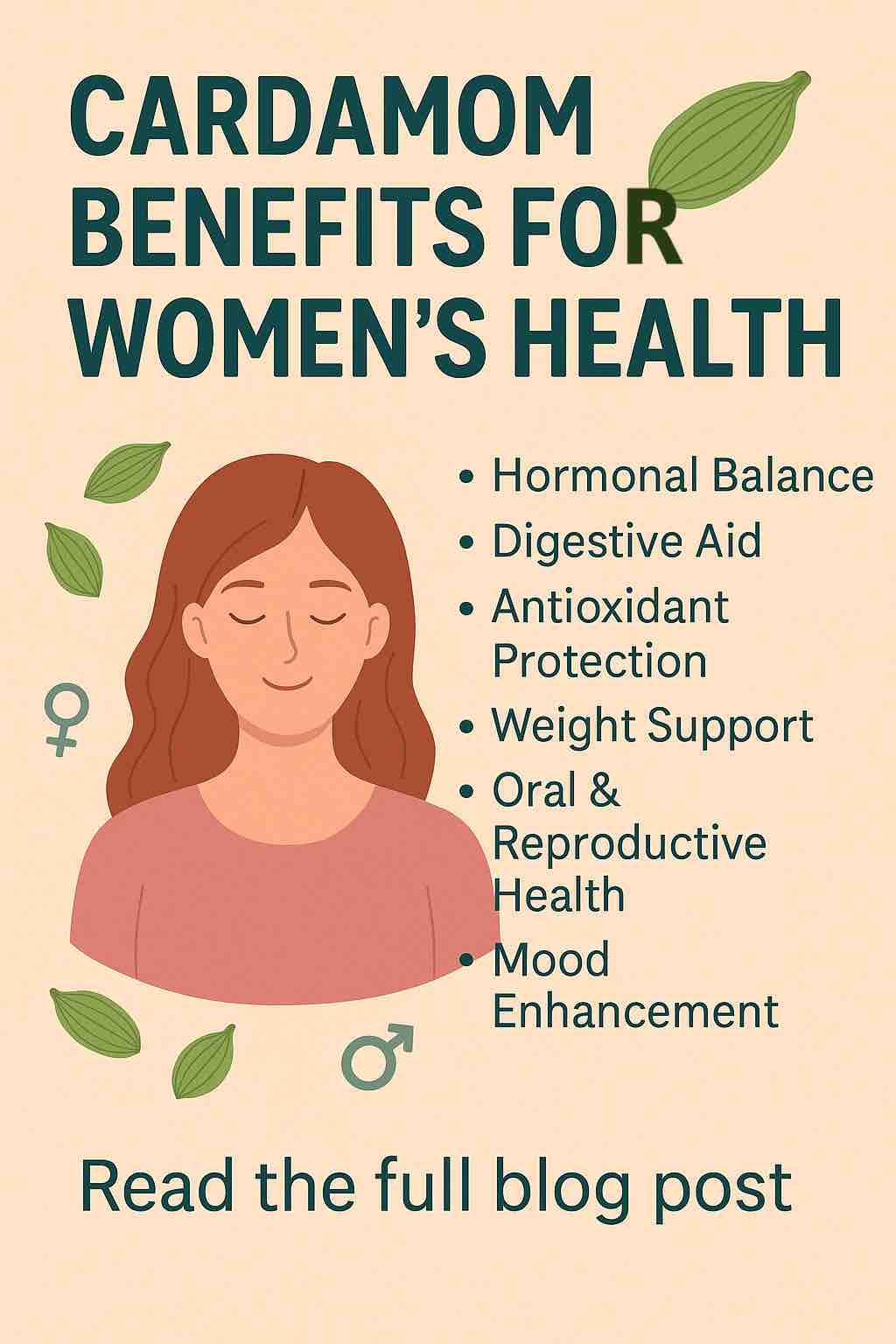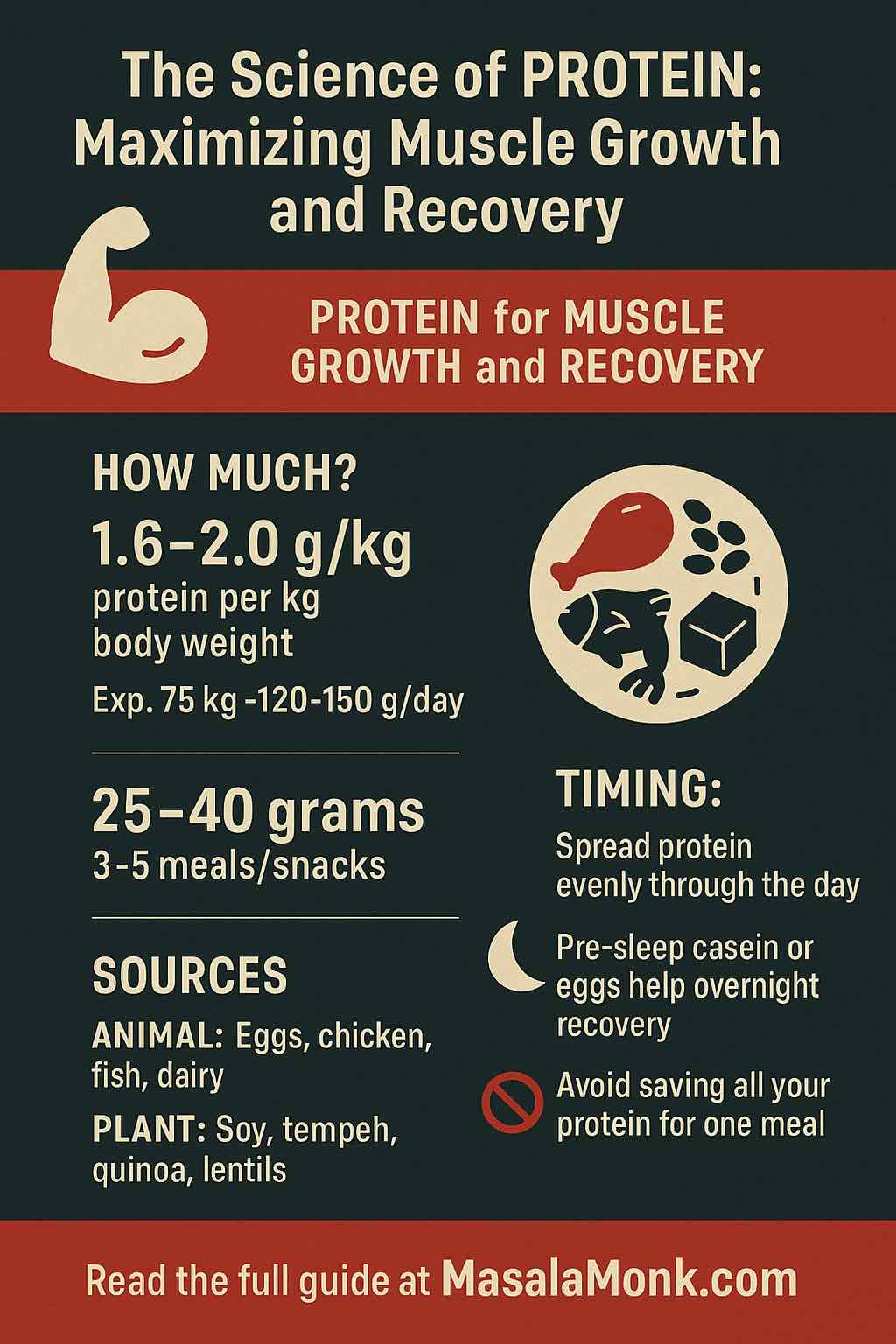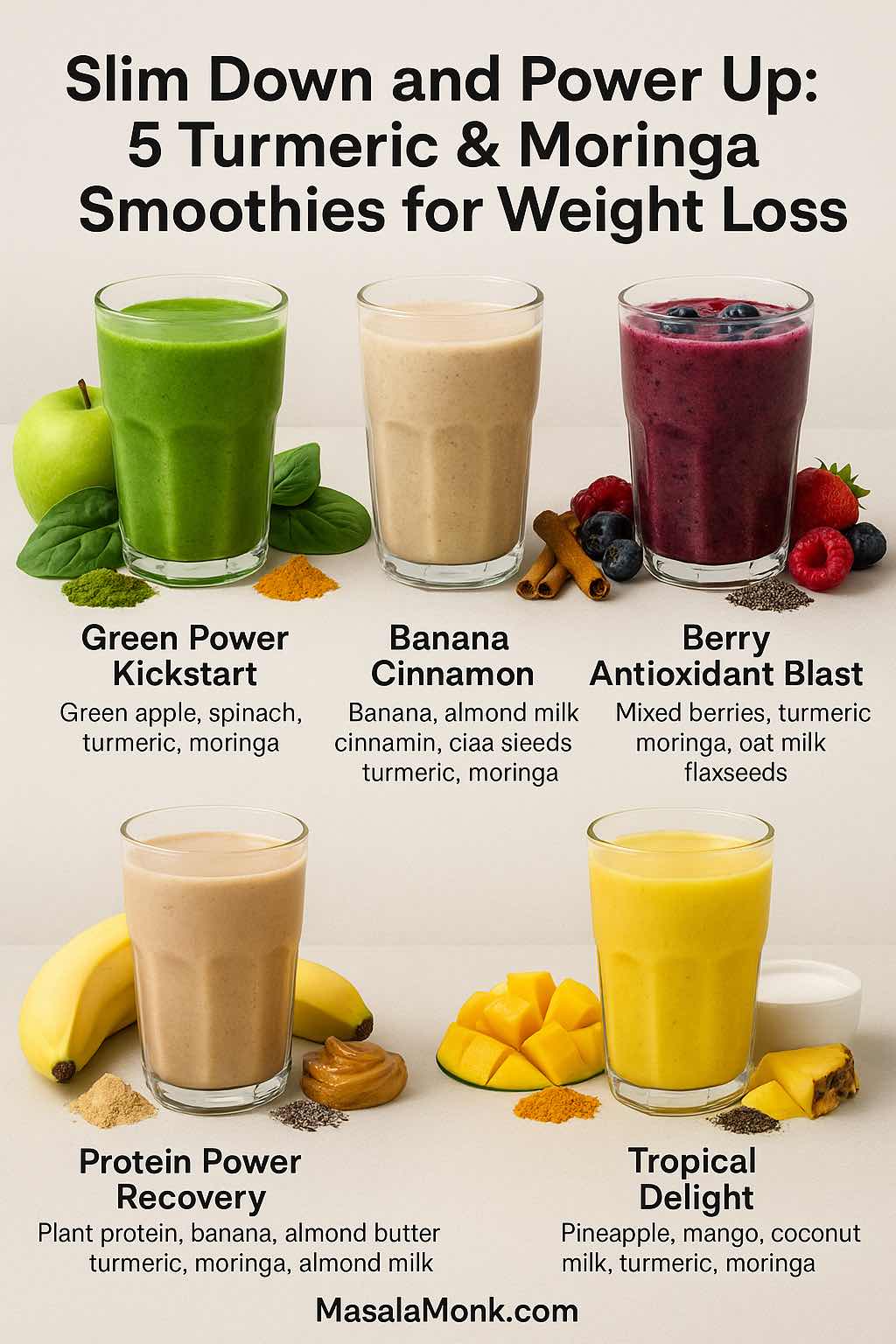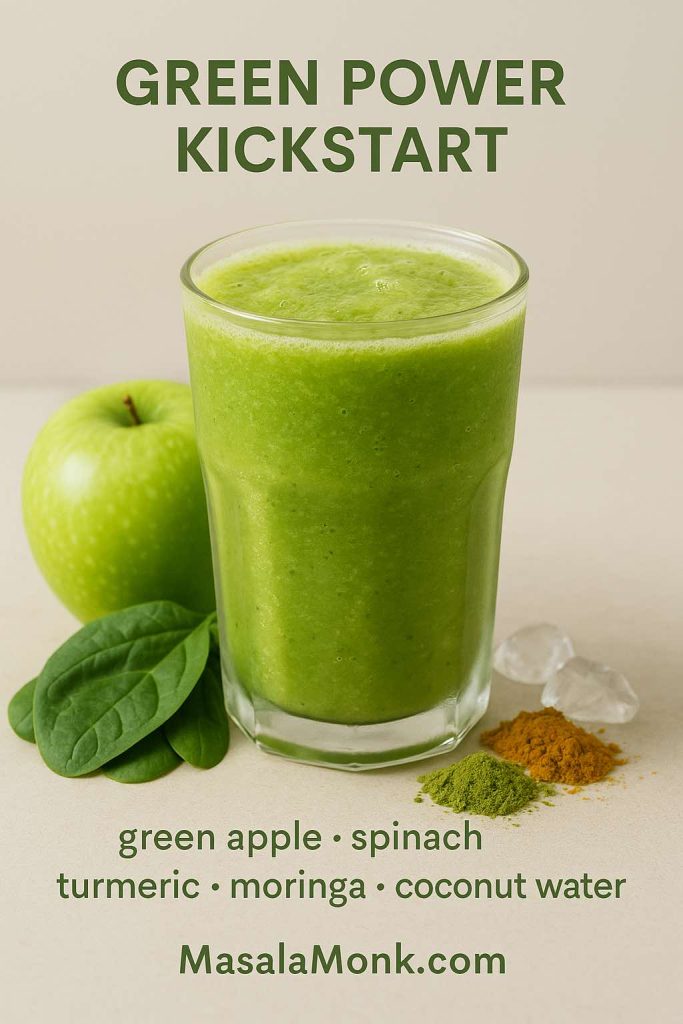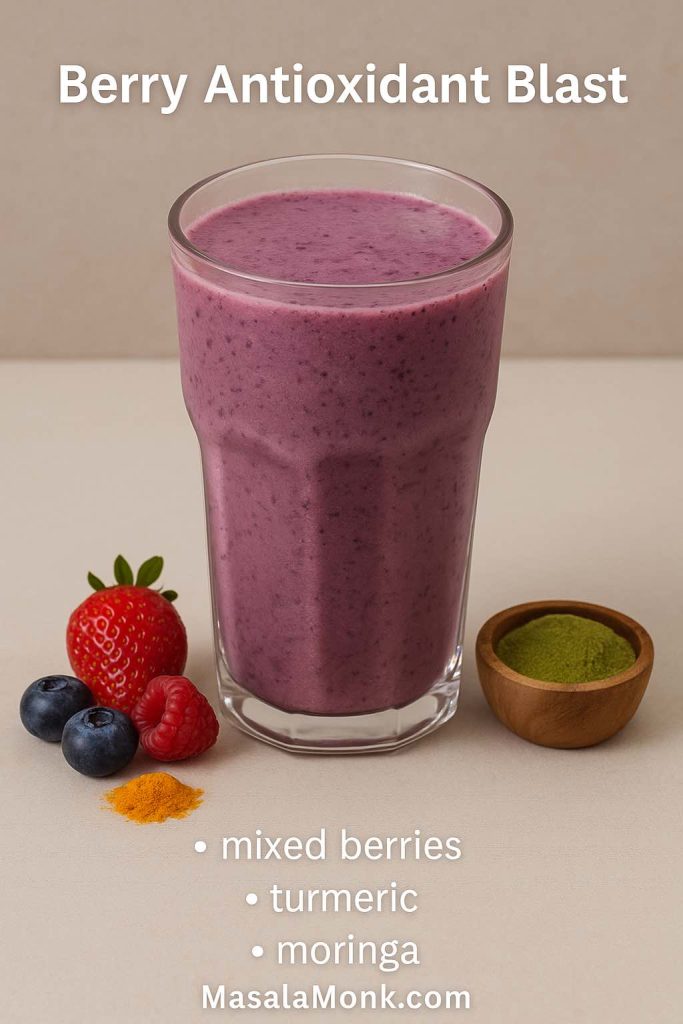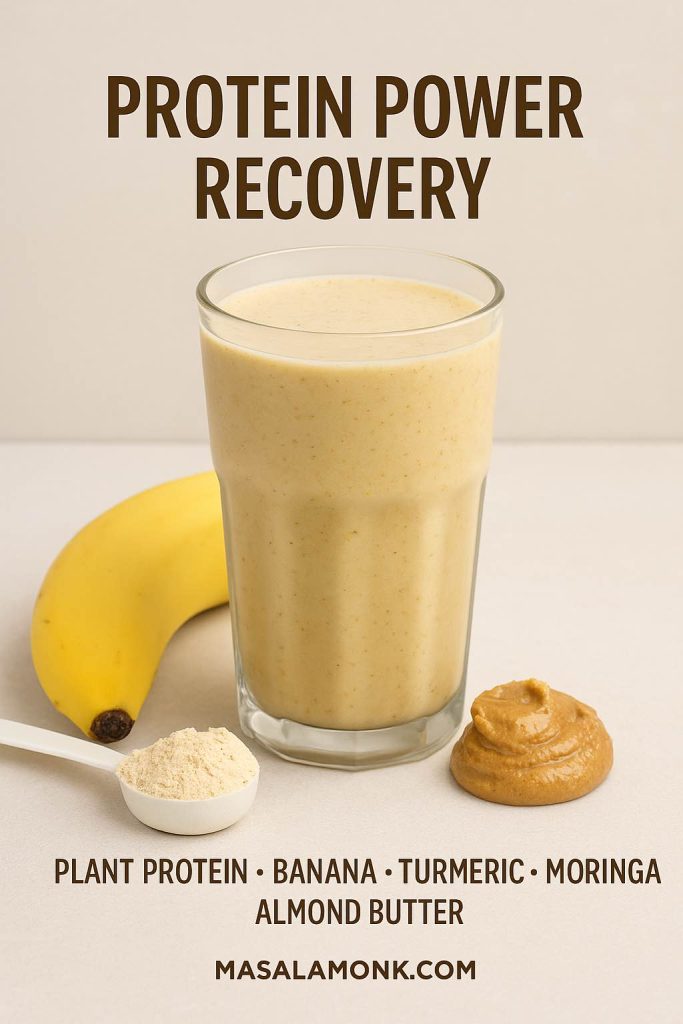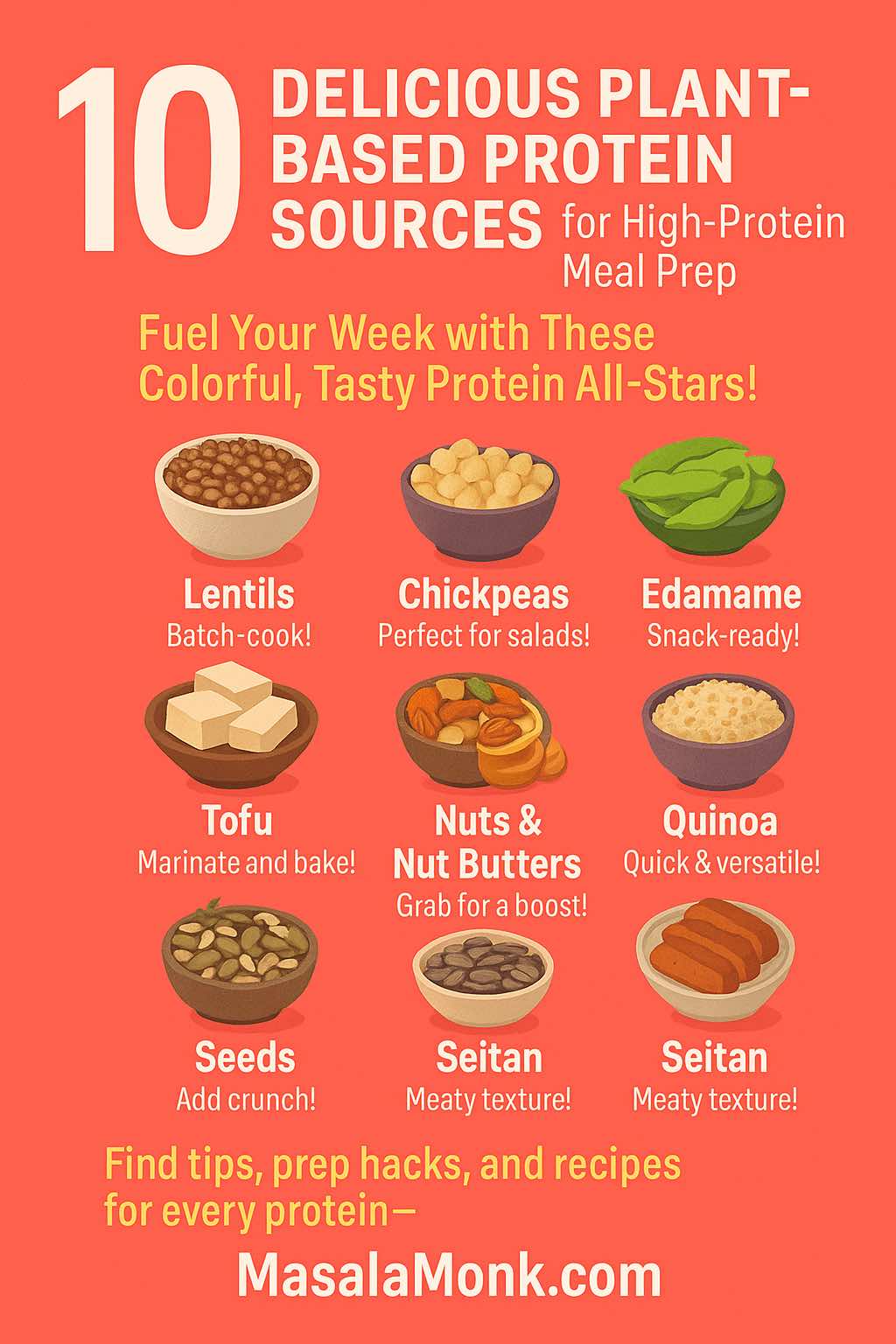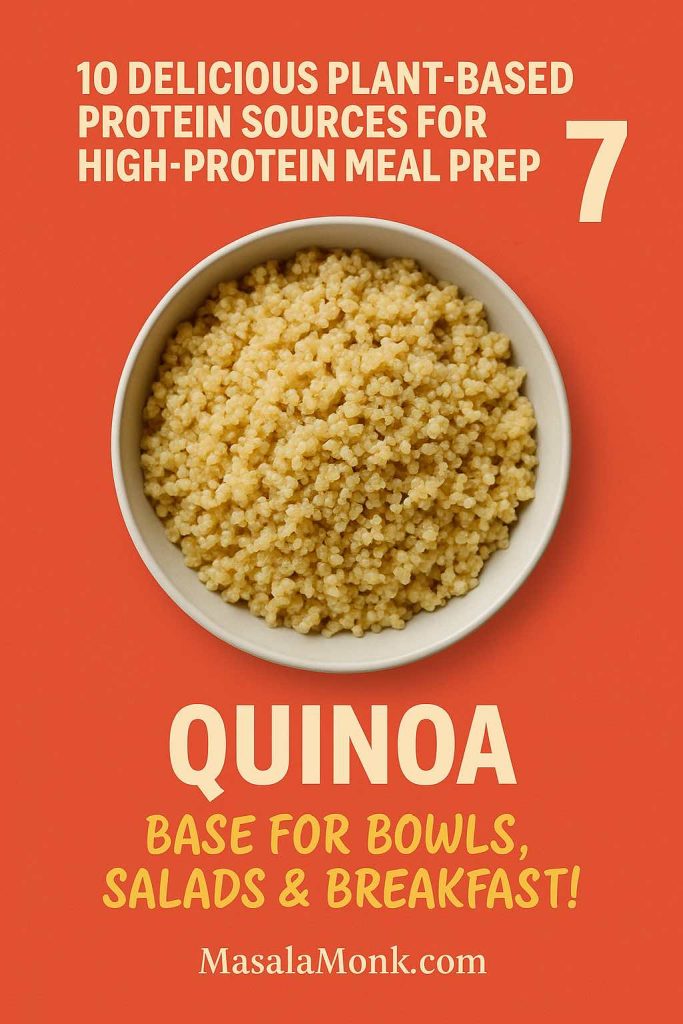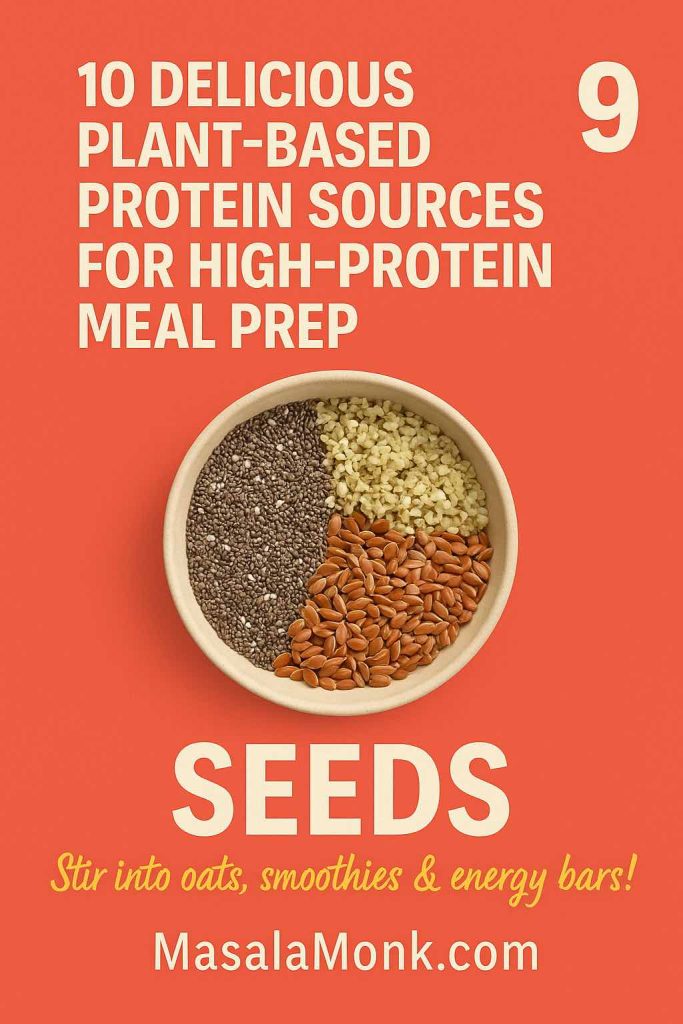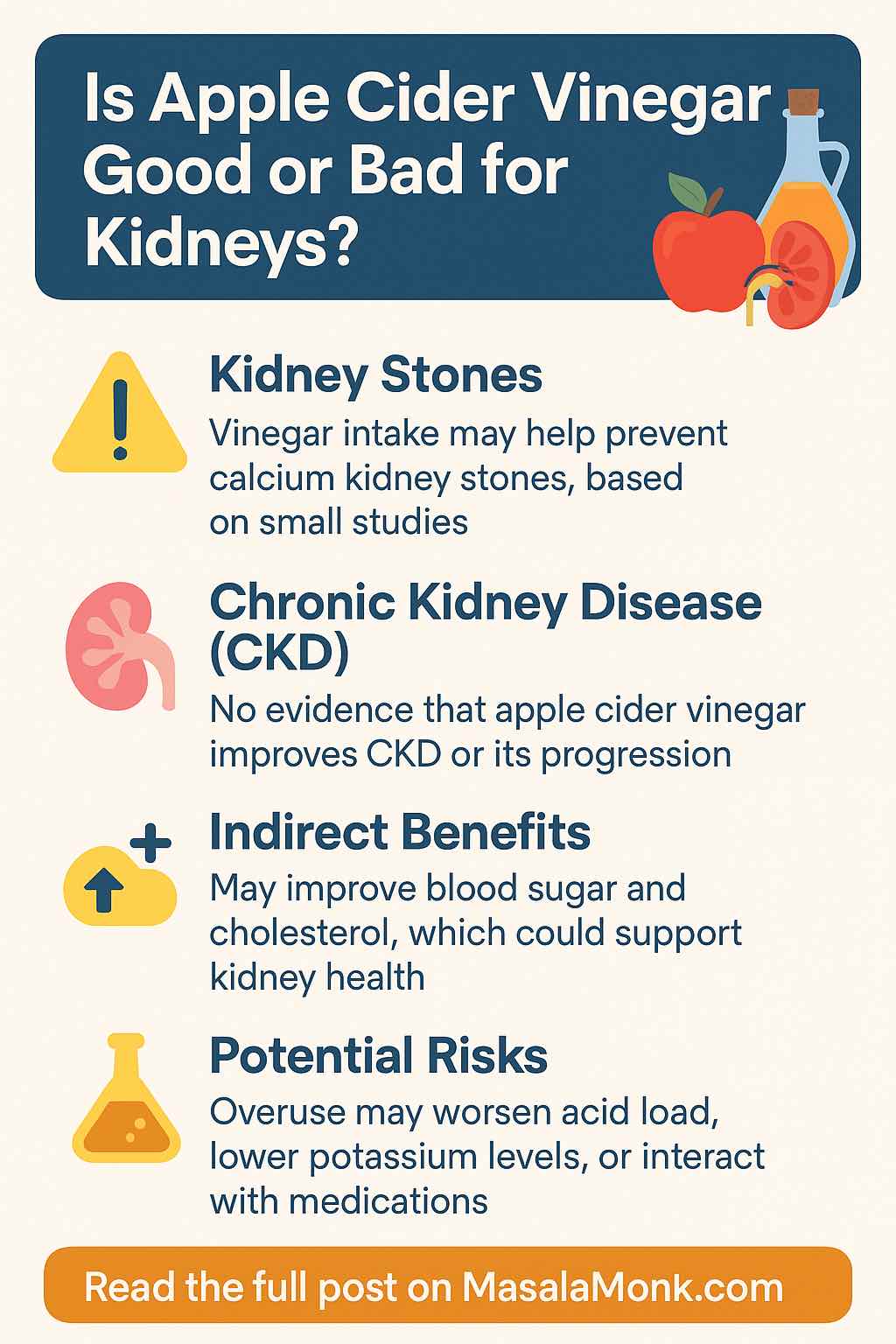
Apple cider vinegar (ACV) has been praised for centuries as a home remedy. It pops up in conversations about weight loss, digestion, skin health, blood sugar control—and lately, even kidney health.
But the internet is full of conflicting claims: some say ACV can “detox your kidneys” or “heal CKD”, while others warn it can “damage your kidneys”.
So what’s the truth? In this deep dive, we’ll look at the latest (2019–2025) research, real safety considerations, and practical ways to use ACV wisely—especially if you have chronic kidney disease (CKD) or a history of kidney stones.
Quick TL;DR
- CKD: No clinical trials prove ACV improves kidney function or slows CKD progression.
- Kidney Stones: Small human studies suggest vinegar may help prevent them by changing urine chemistry.
- Metabolic Health: ACV can modestly improve blood sugar, cholesterol, and weight control, which could indirectly help kidney health.
- Safety: Generally safe in moderation, but CKD patients should be extra cautious. Dilute it, don’t overdo it, and check for medication interactions.
Understanding ACV and Your Kidneys
Before diving into research, it helps to understand how ACV might even affect the kidneys.
- Kidneys filter your blood, balancing electrolytes, pH, and waste removal.
- ACV is acidic (mainly acetic acid) and also contains polyphenols, minerals, and probiotics (in raw, unfiltered forms).
- The theory is that its antioxidant and alkalizing effects (once metabolized) may protect kidney cells or help dissolve certain kidney stone components.
But theories are not proof—so let’s see what the science actually says.
1. ACV and Kidney Stones — The Most Promising Evidence
One of the strongest leads in ACV research for kidneys comes from kidney stone prevention.
The 2019 Pilot Study
- What they did: Researchers tracked people with a history of calcium kidney stones who drank vinegar regularly.
- What they found: Higher urinary citrate and lower urinary calcium—two key factors in preventing stone formation.
- Why it matters: Citrate binds with calcium in urine, stopping crystals from forming; less calcium in urine means fewer building blocks for stones.
- Bonus: Lab work suggests vinegar’s acetate may switch on certain genes (via epigenetic changes) that improve urine chemistry.
📌 Practical takeaway: If you’re prone to calcium stones, adding a small, diluted amount of ACV to your diet might help, but this is still based on small studies—larger trials are needed.
2. ACV and Chronic Kidney Disease (CKD)
Here’s where we have to be crystal clear:
- No randomized controlled trials have shown ACV improves CKD outcomes like eGFR, proteinuria, or slowing disease progression.
- 2024 KDIGO guidelines for CKD management do not list ACV as a therapy.
- Most of the supportive talk is anecdotal or based on indirect benefits (blood sugar, blood pressure control).
📌 Practical takeaway: If you have CKD, ACV can be a small part of your diet, but it should never replace medical treatment or dietary advice from your renal dietitian.
3. Indirect Benefits That Could Support Kidney Health
Even though ACV hasn’t been proven to “heal” CKD, some of its other scientifically studied effects might help protect kidneys over the long term.
Blood Sugar Control
- Meta-analyses in type 2 diabetes patients show ACV can lower fasting blood sugar by ~22 mg/dL and HbA1c by ~1.5%.
- Stable blood sugar reduces the risk of diabetic kidney damage.
Cholesterol and Weight
- A 2024 trial found that 15 mL/day of ACV improved triglycerides and supported weight loss over 12 weeks.
- Lower weight and healthier lipid levels mean less strain on kidneys.
Antioxidant Effects
- Polyphenols in ACV may reduce oxidative stress—a factor in CKD progression and kidney cell injury.
📌 Practical takeaway: These are supportive benefits, not cures—but for people at risk of CKD (or early-stage CKD), they might contribute to better overall kidney health.
4. When ACV Can Be Bad for Your Kidneys
Even natural remedies can cause harm when misused.
Risks to Watch Out For:
- Hypokalemia (low potassium): Rare cases have occurred after years of high ACV intake, leading to muscle weakness and heart rhythm problems.
- Acid load: CKD patients may already have trouble balancing acid–base levels; too much ACV could worsen acidosis.
- Tooth enamel erosion and throat burns: Especially with undiluted vinegar.
- Drug interactions: ACV may enhance the effects of diuretics, digoxin, and diabetes medications, increasing the risk of low potassium or low blood sugar.
📌 Practical takeaway: Moderation is key. If you have CKD, always consult your doctor before adding ACV regularly to your diet.
5. Safe Ways to Use ACV
If you and your healthcare provider decide ACV is okay for you, here’s how to make it part of your diet safely:
- Dilute it — 1–2 teaspoons in a large glass of water, or use as part of salad dressing.
- Pair with meals — Helps reduce blood sugar spikes.
- Avoid “shots” — Undiluted ACV can damage teeth and throat.
- Rinse your mouth — Or drink through a straw to protect enamel.
- Start slow — See how your body reacts before increasing to 1–2 tablespoons/day.
- Avoid mixing with certain meds — Especially diuretics, insulin, or heart medications.
Related MasalaMonk Reads (Internal Links for SEO)
- 5 Benefits of Having Apple Cider Vinegar on an Empty Stomach – Everyday health perks and safe use tips.
- Turmeric and Apple Cider Vinegar for Weight Loss – Creative combinations + kidney safety notes.
- Potential Side Effects of Keto ACV Gummies – Why supplement form isn’t always safer.
Final Word
Apple cider vinegar is not a magic kidney cure—but it’s also not the enemy it’s sometimes made out to be.
- For CKD: Use it only with your doctor’s approval, and don’t expect it to reverse disease.
- For kidney stones: Early research is promising, but more human studies are needed.
- For general health: Its modest metabolic benefits may help indirectly protect your kidneys over time.
Like most things in nutrition, context and moderation matter most.
💬 Your turn: Have you tried ACV for kidney health or kidney stones? Did you notice any benefits—or side effects? Share your experience in the comments below.
FAQs – Apple Cider Vinegar & Kidney Health
1. Does apple cider vinegar improve kidney function in CKD?
No clinical studies show ACV can improve kidney function or reverse CKD. It may offer indirect benefits (like better blood sugar control) but should not replace prescribed treatments.
2. Can ACV help prevent kidney stones?
Yes, small human studies suggest vinegar can raise urinary citrate and lower urinary calcium, which may reduce calcium stone formation. Larger trials are still needed.
3. Is ACV bad for your kidneys?
For most healthy people, diluted ACV in moderation is safe. For CKD patients, excessive use may add to acid load and risk electrolyte imbalances—consult your doctor first.
4. How much ACV is safe to drink daily?
Most studies use 1–2 tablespoons (15–30 mL) diluted in water per day. Start smaller (1–2 teaspoons) and see how your body responds.
5. Should CKD patients avoid apple cider vinegar completely?
Not necessarily, but they should be cautious. Discuss it with a renal dietitian or doctor to check for interactions with medications and to avoid worsening acidosis.
6. What’s the best way to take ACV for kidney health?
Dilute ACV in water, add to salad dressings, or mix into meals. Avoid drinking it straight to protect teeth and throat.
7. Can ACV interact with kidney medications?
Yes. It can interact with diuretics, digoxin, and some diabetes drugs, increasing risks like low potassium or low blood sugar.
8. Does ACV “cleanse” the kidneys?
No scientific evidence supports the idea that ACV can “detox” kidneys. Your kidneys naturally filter waste when healthy—support them with hydration and a balanced diet.
9. Can I use ACV if I’m prone to kidney stones but don’t have CKD?
If you have a history of calcium stones, ACV might help prevent recurrence. Still, check with a healthcare provider before starting daily use.
10. Are there any side effects of drinking ACV?
Possible side effects include tooth enamel erosion, throat irritation, stomach upset, and low potassium if overused. Always dilute and avoid excessive intake.

